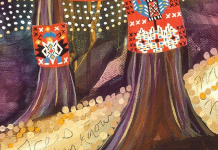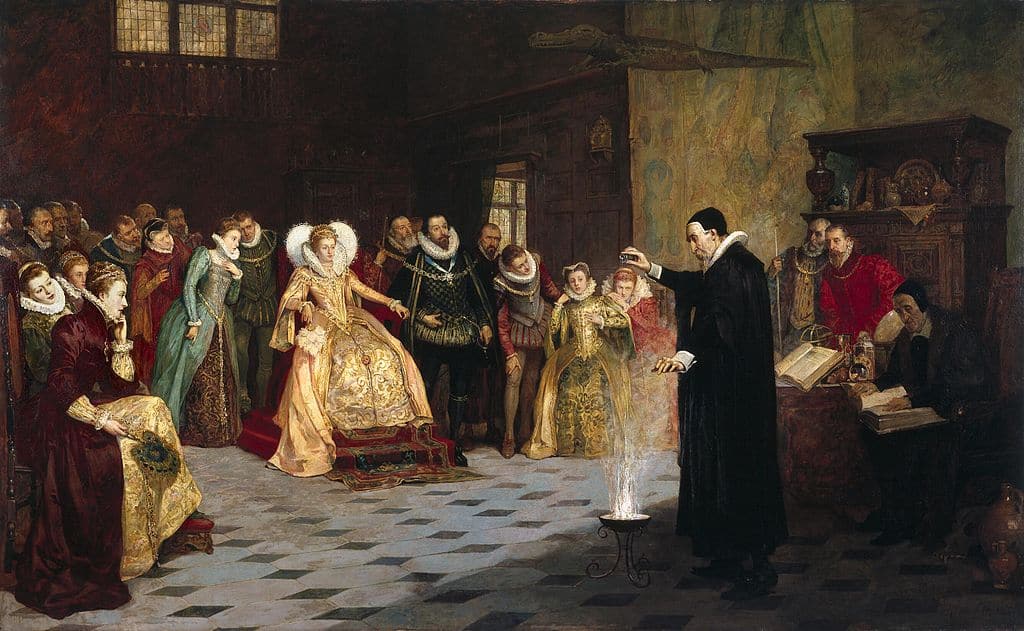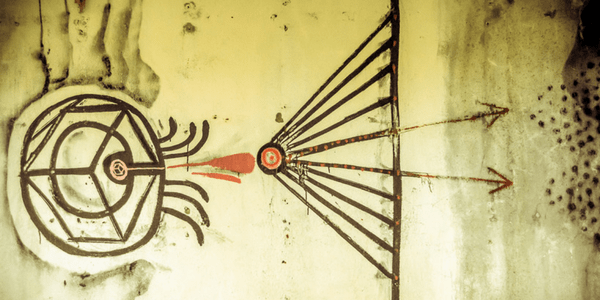 Over at Rune Soup Gordon introduced a book game with the following guidelines:
Over at Rune Soup Gordon introduced a book game with the following guidelines:
How would you introduce someone to magic using only books? He or she has a month in a lake house and will read whatever you tell them in the exact order that you tell them to. Not even any peeking at other books on the list.
It’s a good game, for the full list of rules and to participate, click here. You can see Gordon’s picks here. I offered my response in the comments section, but I thought I’d share it here too, with a little more about why I chose these books in particular.
My aim was a little different than Gordon’s, I took the game as a chance to create a new magician from a complete skeptic, not to create a mini-Psyche – that would have been a different list altogether. Perhaps a project for another day.
Without further ado, here’s my list:
 1. Twenty Prose Poems, by Charles Baudelaire
1. Twenty Prose Poems, by Charles Baudelaire
This edition contains both the original French and the English translation side by each, providing the reader the opportunity to engage the poems in both language. A great exercise in outside thinking for those not accustomed to reading this way.
The differences found in the language and images evoked between the original and the translation are delightful, even to someone with only a modest appreciation for French (such as myself).
Baudelaire’s an extraordinary poet, and provides a view of the world not normally viewed outside one’s own head.
 2. Demian, by Hermann Hesse
2. Demian, by Hermann Hesse
Last year I picked up Demian on a whim, and it was the first Hermann Hesse title I’d read. I’ve since sought out several more, but of what I’ve read thusfar, this is my favourite of his.
Emil Sinclair, young, bullied, meets Max Demian, who adjusts his world view in such a way that Sinclair is able to finally assert himself. The story is of Sincalir’s awakening, Gnosticism, Abraxas, and his exploration of the unconscious.
It describes a personalized spirituality and an individualism which I find admirable. A great book, and also one which is lighter fare than Umberto Eco’s Foucault’s Pendulum (another favourite of mine), which may be seen as heavy going for someone not already open to these themes.
 3. Magick Without Tears, by Aleister Crowley
3. Magick Without Tears, by Aleister Crowley
Crowley, of course.
Magick Without Tears is comprised of a series of letters between Crowley and various students.
Amongst its 80 collected letters Crowley touches upon just about everything, including kabbalah, magical symbolism, meditation, philosophy, astrology, tarot, Thelema and more – all filtered through his keen eye and charming wit.
It addresses common questions students have, and is incredibly accessible – and it’s a great start for new magicians.
 4. The Focus of Life, by Austin Osman Spare
4. The Focus of Life, by Austin Osman Spare
Hey, this is a wish list, right? I know copies can run a few hundred bucks (though I found mine a little cheaper), but Spare’s collection of aphorisms and esoteric artwork are incredibly provocative.
With all that occult philosophy running through our budding magician’s head, now is a great time to put some of that to the test and see what s/he can gleam from it.
Through Spare one can experience a grotesque and unique beauty.
5. [Book removed.]
I have since learned that the author of the text I had previously recommended is transphobic and racist, so this book has been removed from the list. I don’t want anyone supporting that kind of nonsense.
 6. Consciousness Explained, by Daniel C Dennett
6. Consciousness Explained, by Daniel C Dennett
I first saw Dennett in the excellent round table filmed as The Four Horsemen with Richard Dawkins. He came across there as a bit awkward, but that could have been the venue and its theme. I bought and read books by all authors featured, and Consciousness Explained was my favourite.
His earlier book, Breaking the Spell: Religion as a Natural Phenomenon was also good, but we already have a sense of this from Peterson, who I feel does a better job of placing mythology in a usable context.
In Consciousness Explained Dennett manages to successfully combine neuroscience, psychology and philosophy into a dense but immensely readable package and he can be really funny.
 7. Magick: Book 4, Liber Aba , by Aleister Crowley
7. Magick: Book 4, Liber Aba , by Aleister Crowley
More Crowley.
Our new magician is ready to get back to magick, and with this Crowley explains it in a way that’s direct and immensely practical.
It’s not perfect, but no-one has written a more lucid book on magick before or since. It remains first of its class.
This is a must read for all magicians, regardless of flavour or creed.
 8. S.S.O.T.B.M.E., by Ramsey Dukes (Lionel Snell)
8. S.S.O.T.B.M.E., by Ramsey Dukes (Lionel Snell)
Now that our little friend has looked at how our brains work and the importance of myth, let’s stir in a little more occult philosophy, picking up from where Uncle Al and Grandfather Chaos left off.
The full title of this book, Sex Secrets of the Black Magicians Exposed, is typical of Dukes’ irreverent titles (see also BLAST Your Way To Megabuck$ with my SECRET Sex-Power Formula and Thundersqueak, for example), though the text found inside is more serious than it might seem at first.
S.S.O.T.B.M.E. was highly influential in early chaos magick, and also happened to be Plutonica.net’s book club pick for April.
It’s a great read, and will provide yet another perspective on how magick can and does work.
9. Now That’s What I Call Chaos Magick , by Julian Vayne and Greg Humphries
, by Julian Vayne and Greg Humphries
I also included this in my list of “Top 5 Books on Chaos Magick” back in ’08. There’s a reason: it’s excellent and utterly unique. I haven’t yet found its like elsewhere.
Most books on magick give various formulas, lists of correspondences, and a few sacred names to vibrate, but NTWICCM is one of the few books on magick that actually shows you how it’s done.
Real people doing real magick for real results. Perfect for our novice friend.
 10. Visual Magick: A Manual of Freestyle Shamanism, by Jan Fries
10. Visual Magick: A Manual of Freestyle Shamanism, by Jan Fries
Enough theorizing and intellectual justification: now it’s time for action.
In Visual Magick Jan Fries presents a variety of workable techniques that are readily available to just about anyone: visualization, meditation, mandalas, sigils and dance…it’s a workable guide to personal practice.
There you have it. Ten books from skeptic to magician. Not bad, eh?
Oh, and there’s also…
 Bonus: T.A.Z.: The Temporary Autonomous Zone, by Hakim Bey
Bonus: T.A.Z.: The Temporary Autonomous Zone, by Hakim Bey
Ok, I cheated.
I had listed ten, but then I realized I’d forgotten to include Hakim Bey. Impossible.
So I’ve added an 11th title, using the cheek that eleven is a magical number, and it’s T.A.Z. – temporary! autonomous! in another zone! Therefore it doesn’t count quite the same.
Or something. (Work with me here.)
Final Thoughts
As I said above, this list won’t create a mini-me, but if attended to this list ought to open the mind of someone who wanted to know more about what magick is and why we continue to do it.
Share your list with Gordon here. Then berate me for whatever genius tome I’ve left off my list.
First published on Plutonica.net 11 June 2010.








